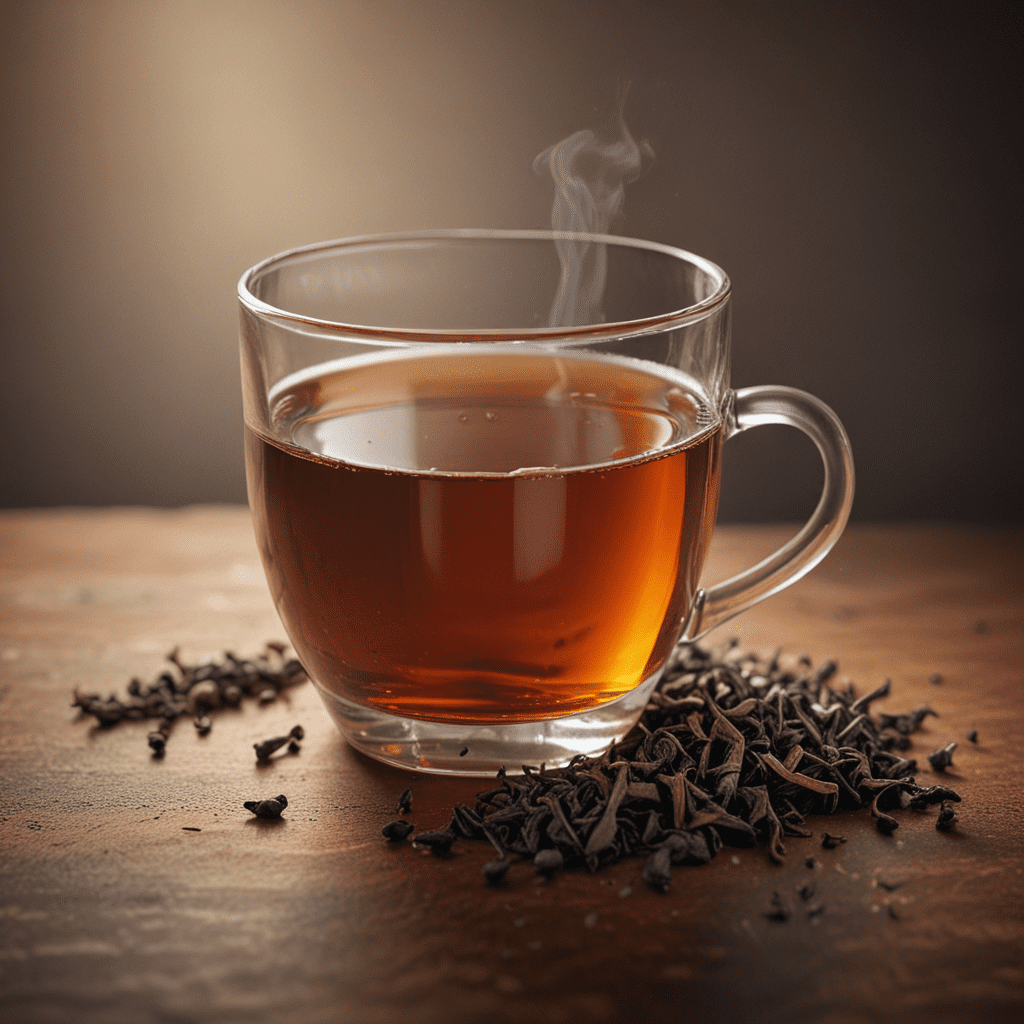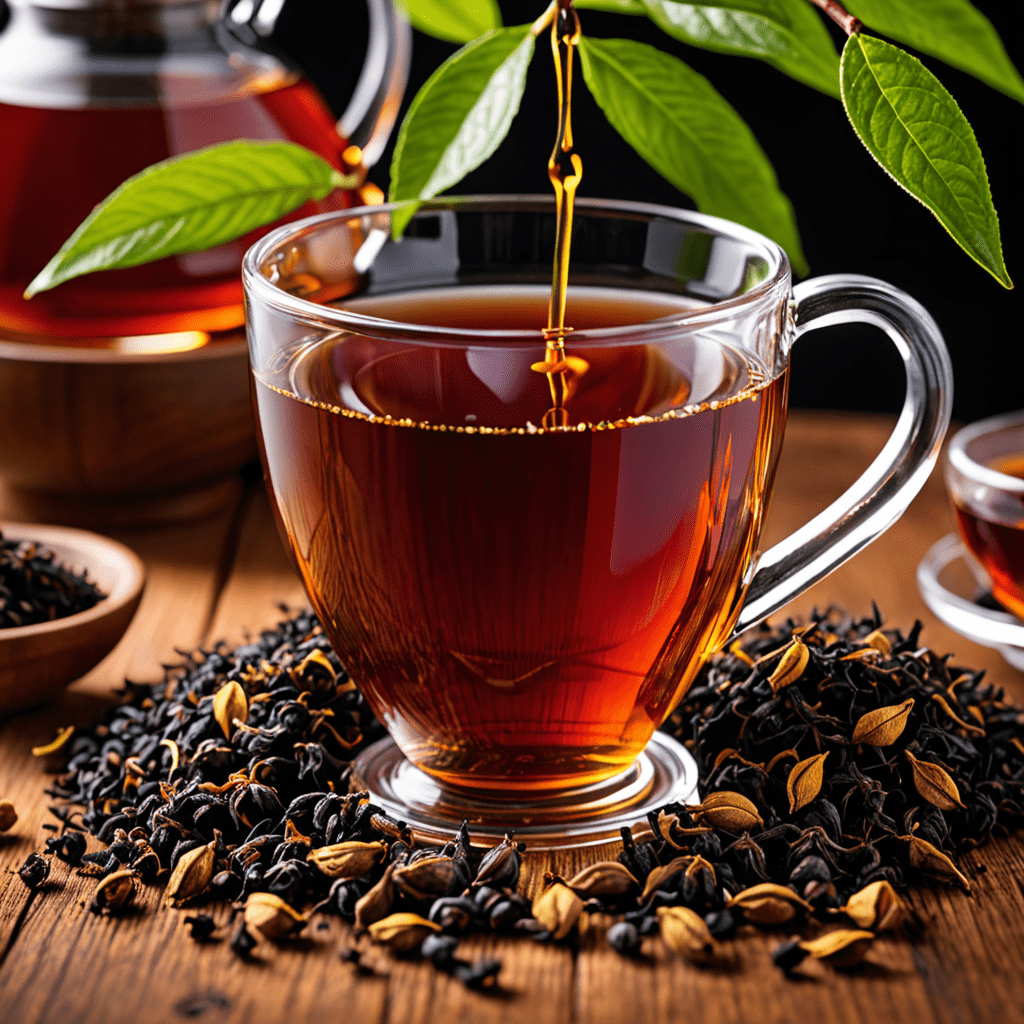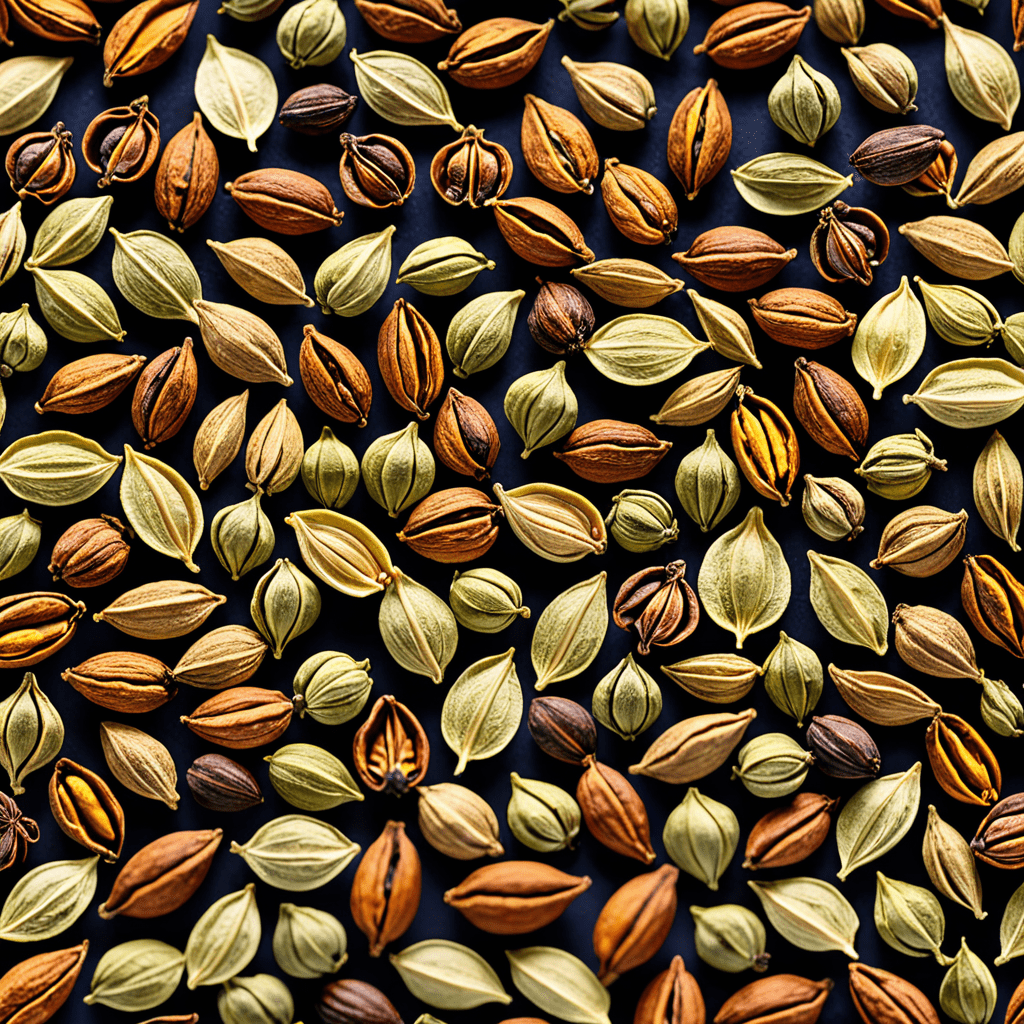Assam Tea: The Perfect Morning Brew
Introduction
Assam tea, renowned for its captivating aroma and invigorating taste, has captivated tea enthusiasts for centuries. Its rich, full-bodied flavor and stimulating caffeine content make it the perfect morning brew, setting the tone for a productive and enjoyable day. Assam tea is not just a beverage; it is an integral part of Assamese culture and tradition, symbolizing hospitality and social gatherings.
History and Origin
The discovery of Assam tea dates back to the 19th century in the lush Brahmaputra Valley of Assam, India. The British, recognizing its potential, established plantations in the region, leading to the development of Assam tea as a global commodity. Today, Assam is one of the largest tea-producing regions in the world, with its tea plantations covering vast swathes of land.
Growing Conditions and Cultivation
Assam tea plants thrive in the unique climate of the Brahmaputra Valley. The warm, humid conditions, coupled with ample rainfall and fertile soil, provide the ideal environment for their growth. Traditional farming practices have been passed down through generations, but modern techniques, such as drip irrigation and mechanized harvesting, have also been adopted to improve efficiency and productivity.
Types and Varieties
Assam tea is primarily produced as black tea, known for its robust flavor and high caffeine content. It undergoes a process of oxidation, which gives it its characteristic dark color and strong taste. Green tea, a less oxidized variety, is also produced in Assam, offering a delicate, grassy flavor with lower caffeine content.
Health Benefits
Assam tea is rich in antioxidants and polyphenols, which have been linked to numerous health benefits. Studies suggest that regular consumption of Assam tea may support cardiovascular health, boost immunity, and aid in weight management.
VI. Brewing Methods
Assam tea can be brewed using traditional or modern methods. The traditional method involves boiling water and pouring it over loose tea leaves in a teapot. The tea is then allowed to steep for a few minutes before being strained and served. Modern methods include using tea bags or infusers, which are placed in a mug of hot water. The tea is then allowed to steep for a desired duration before being removed.
VII. Flavor and Aroma
Assam tea is known for its distinctive malty, earthy flavor. It has a rich, full-bodied taste with hints of spice and floral notes. The flavor can vary depending on the specific region where the tea is grown, the processing methods used, and the brewing technique.
VIII. Cultural Significance
Assam tea is deeply rooted in Assamese culture. It is an integral part of social gatherings and is often served as a gesture of hospitality. The tea is also used in traditional ceremonies and festivals. Assam tea is a symbol of pride for the people of Assam and is celebrated through cultural events and festivals.
IX. Economic Importance
The tea industry is one of the most important economic sectors in Assam. It provides employment to a large number of people and contributes significantly to the state's revenue. Assam tea is exported to countries all over the world, generating foreign exchange and boosting the local economy.
X. Conclusion
Assam tea, with its rich flavor, health benefits, and cultural significance, is the perfect morning brew. Its invigorating taste and stimulating caffeine content make it an ideal start to the day. Whether enjoyed traditionally or using modern methods, Assam tea offers a unique and unforgettable experience.
FAQs
Q: What is the difference between black and green Assam tea?
A: Black Assam tea undergoes a process of oxidation, giving it a dark color and strong flavor. Green Assam tea is less oxidized, resulting in a delicate, grassy flavor with lower caffeine content.
Q: How long should I steep Assam tea?
A: The optimal steeping time for Assam tea depends on personal preference. For a stronger flavor, steep for 3-5 minutes. For a milder flavor, steep for 1-3 minutes.
Q: Can I add milk or sugar to Assam tea?
A: Yes, milk and sugar can be added to Assam tea to suit individual tastes. Traditionally, Assam tea is consumed black without additives.


